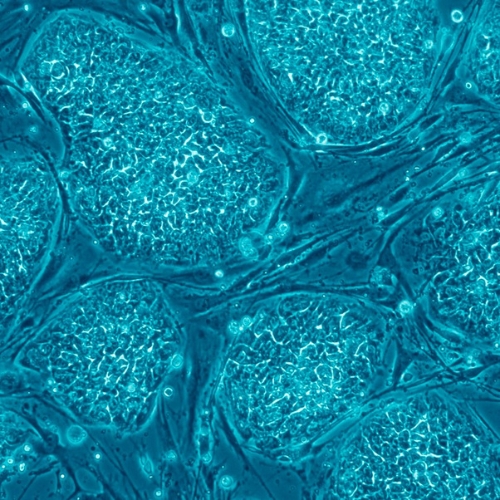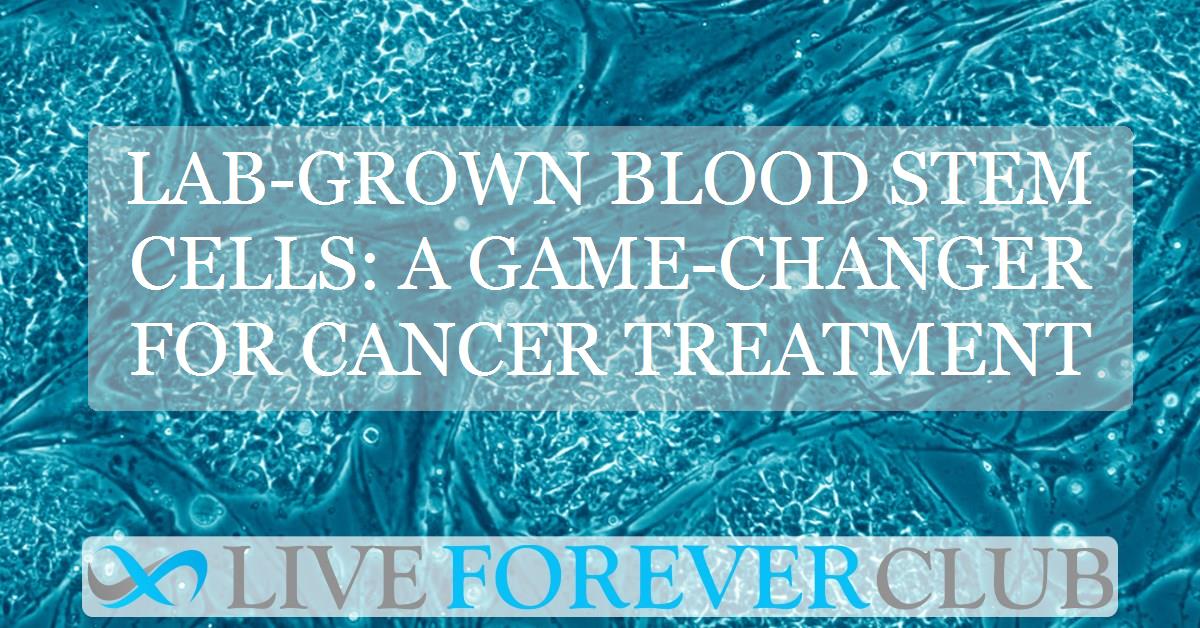Key points from article :
For the first time, scientists have successfully created human blood stem cells in a laboratory, a development that could revolutionize cancer treatment. These lab-grown stem cells, which have been tested in mice, functioned like natural bone marrow, similar to the results seen with umbilical cord blood cell transplants. This advancement holds significant promise for improving treatments for cancers such as leukemia and lymphoma, where radiation and chemotherapy can destroy the bone marrow's ability to produce blood cells. Currently, umbilical cord blood is a valuable source of stem cells for transplants, but it is limited and can sometimes be rejected by the recipient's body.
The new technique could solve these issues by allowing researchers to create stem cells directly from a patient's own blood or skin cells. This process, known as reprogramming, involves turning these cells into pluripotent stem cells, which have the potential to develop into any type of cell in the body. According to Andrew Elefanty at the Murdoch Children’s Research Institute in Melbourne, this breakthrough could not only address the scarcity of donor stem cells but also reduce the risk of transplant rejection, offering a more personalized and effective approach to cancer treatment.






